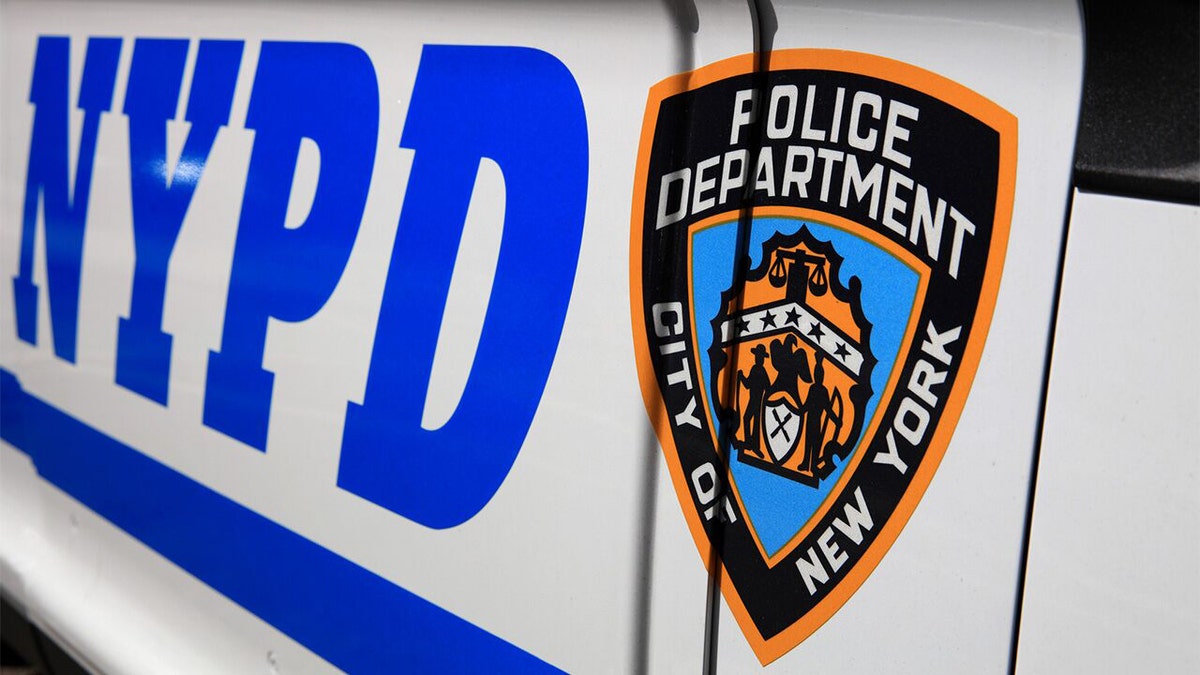Fox News Flash top headlines for July 27
Fox News Flash top headlines are here. Check out what's clicking on Foxnews.com.
The New York City Mayor’s Office of Community Mental Health has released the results of the first month of a new program designed to send social workers and other unarmed first responders to answer certain 911 calls instead of NYPD officers.
They show the Behavioral Health Emergency Assistance Response Division (B-HEARD) pilot program saw a positive outlook after its trial run in parts of Harlem last month – but critics note that the program had its choice of calls to respond to and selected easy ones, making the rosy outlook an obvious conclusion.
And while the program may have freed up officers from having to respond to about 20% of specialized mental health 911 calls, experts don’t foresee the replacement or abolition of police.
NYPD OFFICERS SAVE BABY TRAPPED UNDER CAR AFTER IT CRASHED INTO BUILDING
"What you do when you disarm cops or when you send unarmed civilians in to do cop’s job is to expose civil employees to substantial risk, and then say you don't get the tools of the trade that are requisite to minimizing that risk," Charles F. Lehman, of the conservative Manhattan Institute think tank, told Fox News Tuesday. "It's like denying a firefighter or mine worker or electrical worker his safety equipment."

The New York City Mayor’s Office of Community Mental Health has released the results of the first month of a new program designed to send social workers and other unarmed first responders to answer certain 911 calls instead of NYPD officers. (New York Police Department)
Lehman outlined his conclusions in a column for the institute’s public policy magazine, the City Journal, also published Tuesday: Because social workers were not sent to high-risk calls, the data suffered from a selection bias and an "apples-to-apples comparison" is impossible.
Dispatchers sent about 25% of mental health calls to B-HEARD in its first month, according to the mayor’s office, and that is expected to rise to 50% in the future.
But those call exclude incidents involving suspected violence, imminent harm or a subject who requires hospitalization.
SEATTLE MAYOR CALLS FOR MORE POLICE AFTER SIX SHOOTINGS IN ONE WEEKEND
Of the 138 calls 911 dispatchers sent to B-HEARD, the pilot program responded to only 107 of them.
"The remaining calls received the traditional response by NYPD and EMS, typically because the B-HEARD teams were busy responding to another call," the city said in a statement.
Or because it was deemed too difficult or risky for an unarmed response, Lehman said, adding that the issue was not necessarily with how the city presented its data as much as with how the mainstream media touted the results.
In seven of those calls, B-HEARD responders called in NYPD backup. Comparatively, the NYPD requested assistance from B-HEARD on 14 occasions. The city report did not go into further detail but said "inter-agency coordination is working well."
The B-HEARD data amounts to an experiment set up without a controlled variable, Lehman said, meaning what the city reported isn’t fair to use in a direct comparison to data on regular police responses.
NPR ran an article Friday with the headline, "Mental Health Response Teams Yield Better Outcomes Than Police In NYC, Data Shows."
It highlighted the city’s finding that just half of B-HEARD mental health calls required a patient’s hospitalization compared to 82% of mental health 911 calls that saw a traditional response.
"A New York City pilot program that dispatches mental health specialists and paramedics instead of police for certain nonviolent emergency calls has resulted in more people accepting assistance and fewer people sent to the hospital, early data shows," the article reads.
And New York City’s NBC affiliate reported a "New York City pilot program to respond to 911 calls for mental health crises with social workers instead of cops appears to be reducing unnecessary hospitalizations."
But of course, fewer people were sent to the hospital when calls that dispatchers knew would require hospitalization were not routed to B-HEARD from the start, Lehman noted.
"If you wanted to assess the relative success of B-HEARD versus traditional portion mechanism, what you would want to do is randomly assign mental health-related 911 calls to either B-HEARD or to the traditional sending in the NYPD officer," he said. "They didn't do that."
Instead, they responded to "easier" calls with less likelihood of violence, where subjects were not expected to require hospitalization, he added.
"It was set up such that B-HEARD was necessarily going to have a higher hit rate than the traditional NYPD officers because the NYPD officers were dealing with cases that B-HEARD was considered incompetent to handle," Lehman said. "So if B-HEARD had been exposed to the same set of cases the NYPD was…one cannot rule out the possibility that they would have had essentially the same success rate as the NYPD police officers, just about 82% compliance."
CLICK HERE TO GET THE FOX NEWS APP
"If you want to have unarmed guys that go check on the guy who's talking to himself, that's fine," he said. "But you're still going to need a guy who's prepared for when that situation turns violent."
New York City mayoral candidate Curtis Sliwa agrees, saying "the problem" is the police will always have to answer 911 calls as "backup."
"You cannot send the trained professional mental health personnel into the line of duty with emotionally disturbed persons who may have a psychotic disorder, may turn on them, may victimize. That's why you need the police there as backup."



